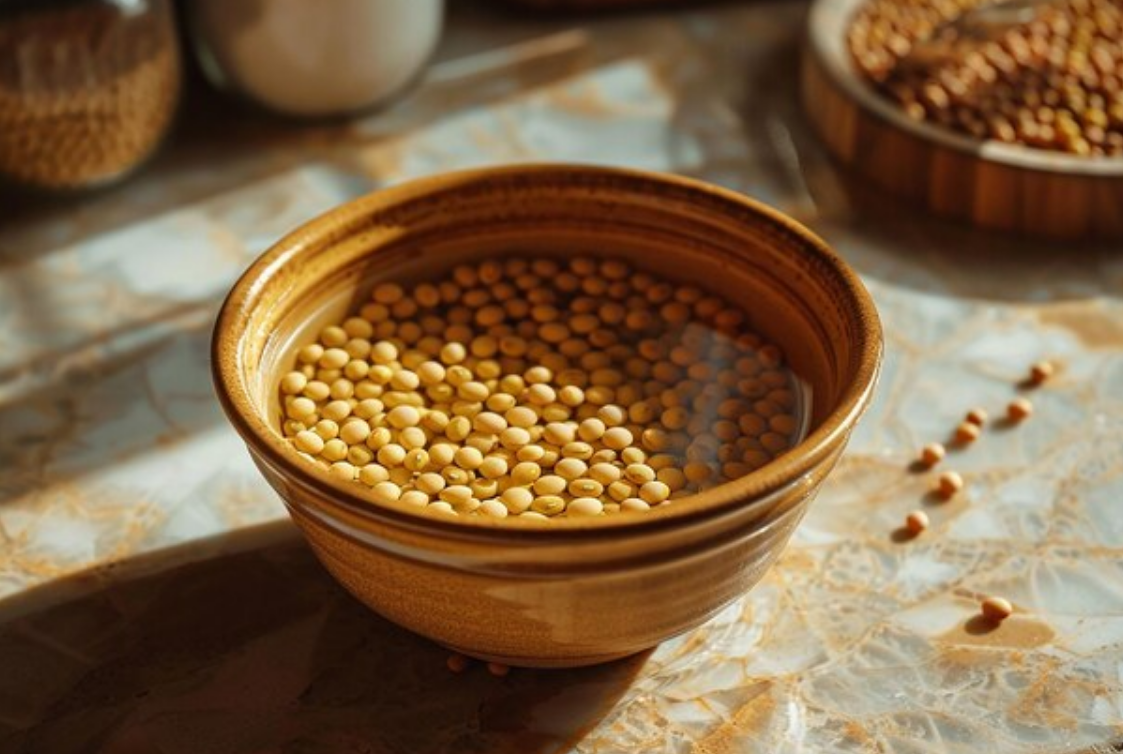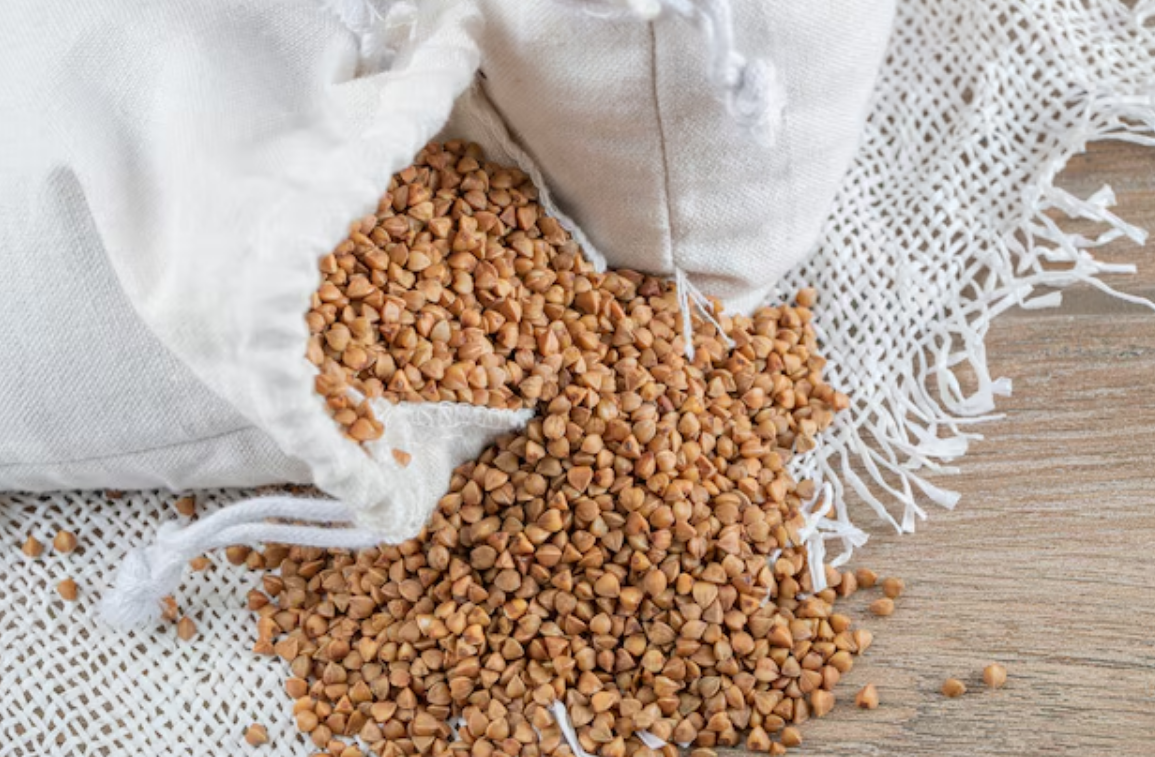-1733403153735.webp)
As winter settles in, health-conscious individuals often turn to nutritious seeds for their daily diet. However, a critical warning from nutrition experts suggests that not all soaked seeds are safe for consumption, especially during the cold season.
Rutu Dhodapkar, Chief Dietician at P D Hinduja Hospital and Medical Research Centre in Khar, Mumbai, reveals the potential health risks associated with consuming soaked seeds during winter months.
Winter's cold and humid environment creates the perfect breeding ground for harmful microorganisms. "Soaked seeds can rapidly become a hotbed for bacteria, mould, and yeast," warns Dhodapkar. This microbial growth dramatically increases the risk of foodborne illnesses, including gastroenteritis and diarrhoea.

Alfalfa seeds top the list of risky winter seeds. "These seeds are highly susceptible to Salmonella and E. coli contamination," explains the expert. Cold water soaking can accelerate bacterial proliferation, making them potentially dangerous.
Mung bean seeds pose significant risks during winter. "They are prone to Bacillus cereus and Staphylococcus aureus contamination," Dhodapkar emphasises. Soaking these seeds in cold water can create an environment for bacterial growth.
Rich in phytic acid, radish seeds can cause considerable digestive distress. "Soaking increases phytic acid content, which can inhibit essential mineral absorption," warns the dietician. Expect symptoms like bloating, gas, and abdominal discomfort.
Fenugreek seeds present unique challenges. "They can trigger allergic reactions and potentially interact with certain medications," notes Dhodapkar. Winter's cold can exacerbate these risks.
Sesame seeds come with their own set of warnings. "High in oxalates, they can increase kidney stone risk," the expert cautions. Cold-water soaking may further concentrate these potentially harmful compounds.
Don't Miss: 4 Incredible Benefits of Drinking Jaggery Milk Before Bedtime

Dhodapkar advises consumers to be cautious about seed consumption during winter. "Proper preparation, thorough washing, and understanding potential risks are crucial," she emphasises.
While seeds are a healthy addition to many diets, the winter season calls for extra caution. As per expert insights from Rutu Dhodapkar, soaked seeds can pose significant health risks due to the cold and humid environment, which promotes bacterial and fungal growth.
Disclaimer: The information provided in this article is based on the expert advice of Rutu Dhodapkar, Chief Dietician at P D Hinduja Hospital and Medical Research Centre. It is recommended to consult a healthcare professional before making any significant changes to your diet, especially if you have existing health conditions or concerns.
Don't Miss: How Air Pollution Affects Children's Eye Health: 5 Tips to Protect Them, According to Ophthalmologist
Keep reading Herzindagi for more such stories.
Image Courtesy: Freepik
Also watch this video
Herzindagi video
Our aim is to provide accurate, safe and expert verified information through our articles and social media handles. The remedies, advice and tips mentioned here are for general information only. Please consult your expert before trying any kind of health, beauty, life hacks or astrology related tips. For any feedback or complaint, contact us at [email protected].